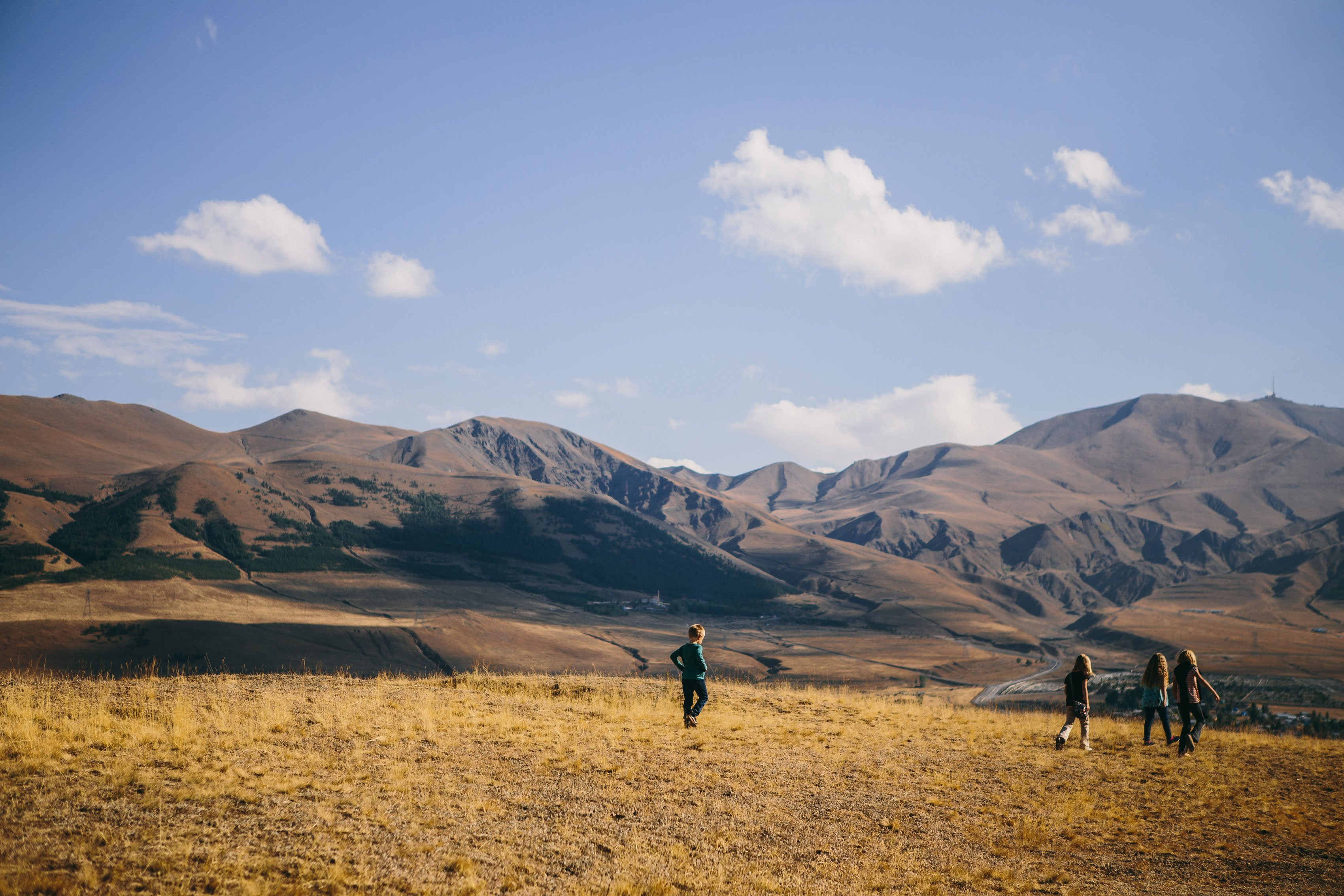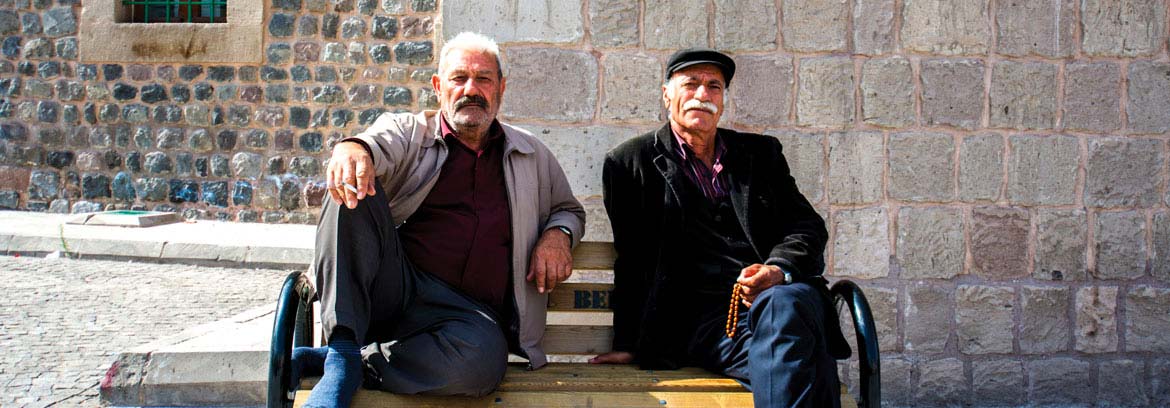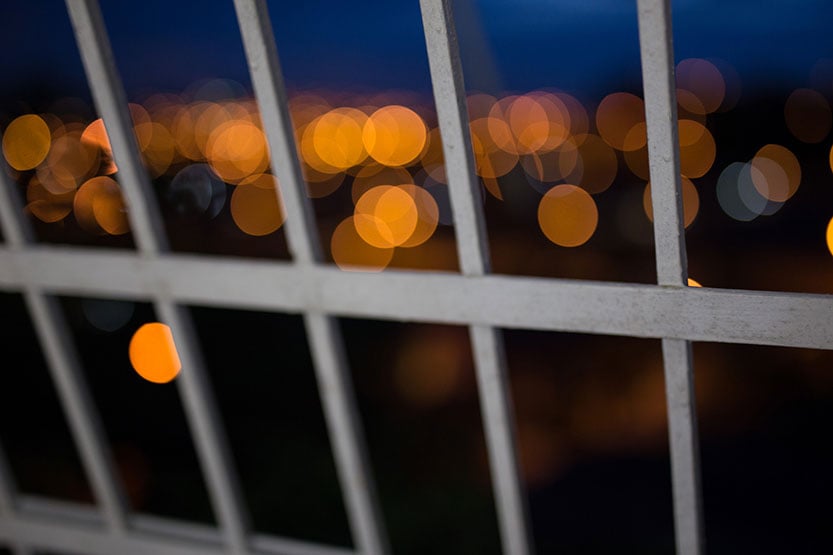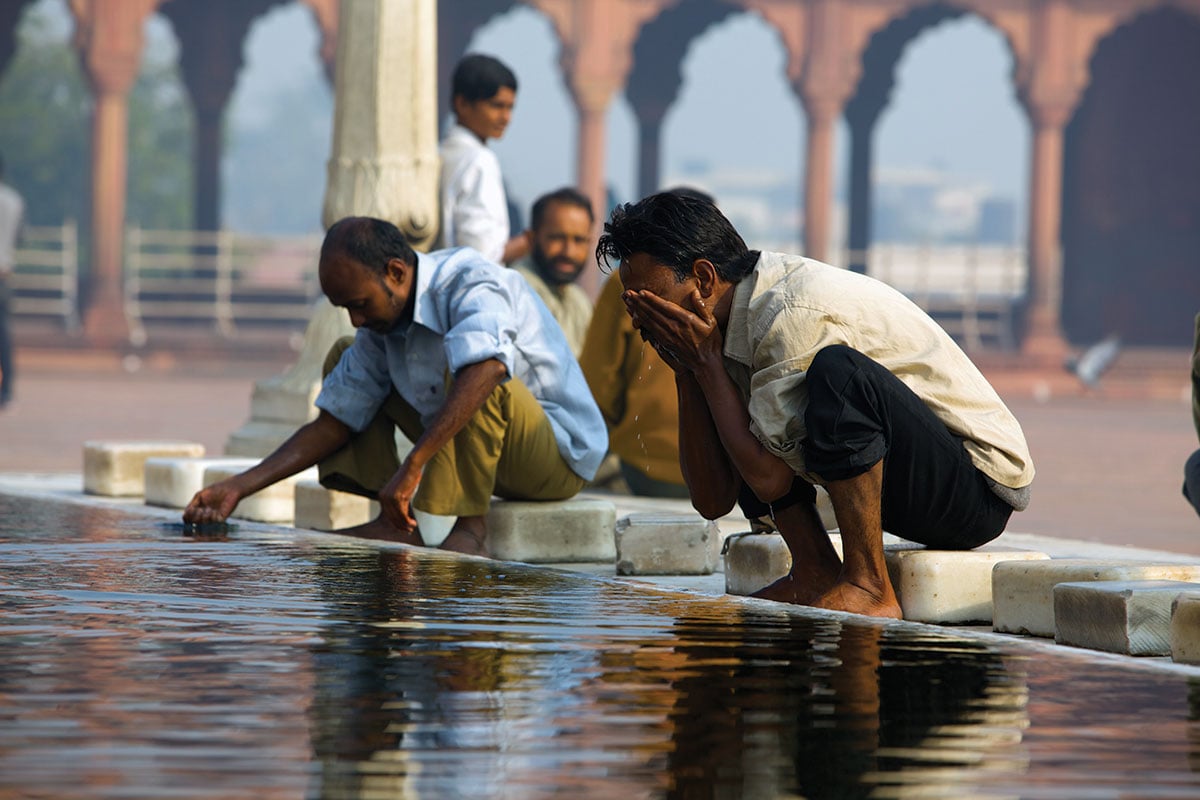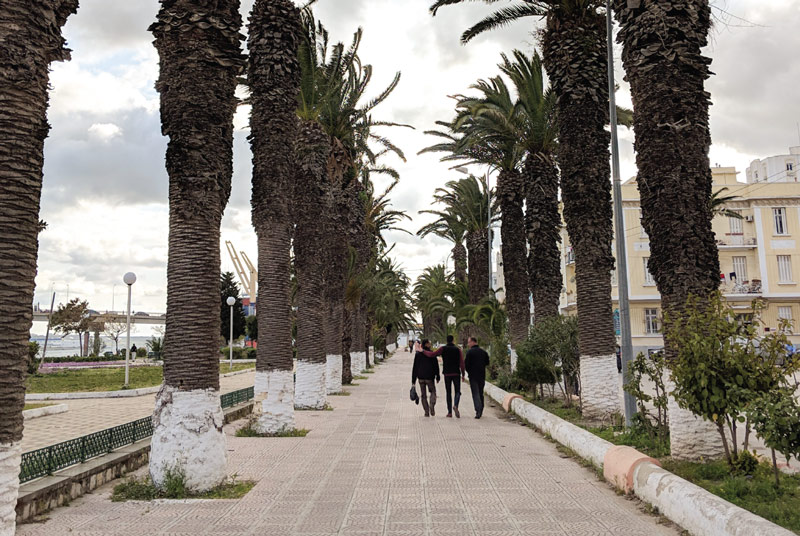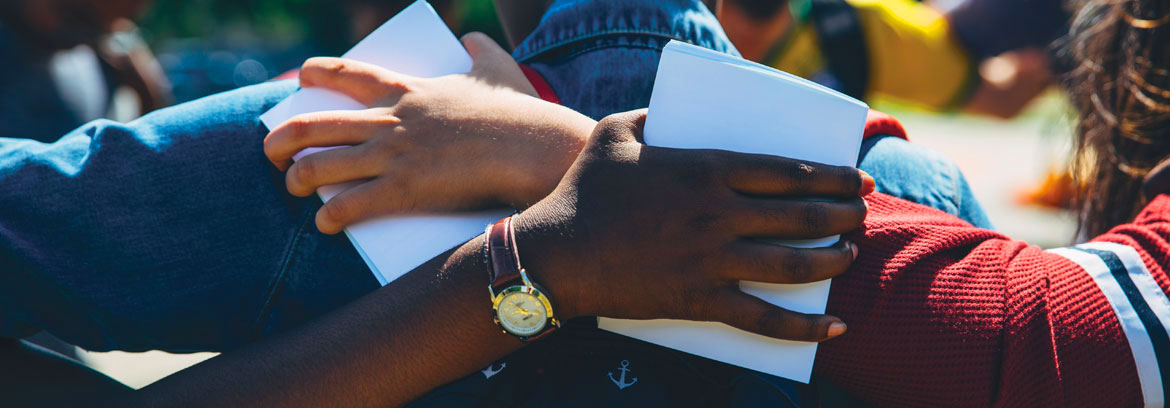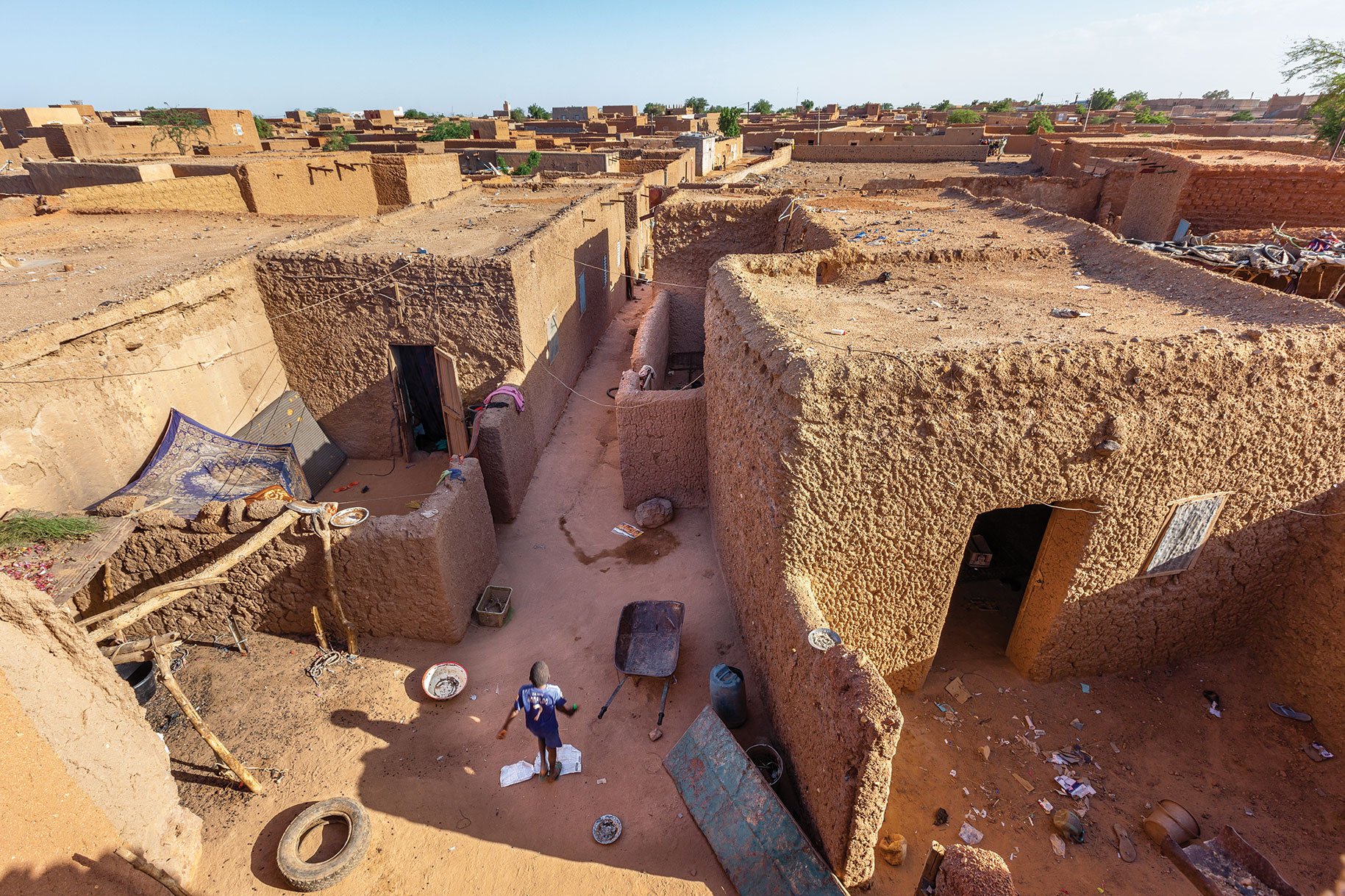The Courage to be Gentle

“Recently, while reading Colossians, I was particularly struck by one line,” Aiyla said, reflecting on Colossians 3:12. “It says, ‘Therefore, as God´s chosen people, holy and dearly loved, clothe yourselves with compassion, kindness, humility, gentleness, and patience.’” Then she paused.
“It takes great courage to be gentle.”
Aiyla began serving with Multiply in Central Asia, but in order to secure a long-term visa, she joined another non-profit agency that enabled her to find employment working with disabled children. Even with six years of professional work experience caring for the mentally and physically challenged, she was unprepared for what this would look like in a Central Asian context.
“When a child with a disability is born here,” she shared, “parents have little help. I’ve heard parents say that doctors refer to their child as ‘a piece of meat’ or a ‘vegetable’. In some regions, the parents are so ashamed that these children are hidden and left without any encouragement to develop.”
Good therapy is difficult to find and, where it exists, prohibitively expensive. Most therapeutic approaches to physical disabilities involve rigorous, painful, and largely useless massage. Because of this, Aiyla began to walk alongside mothers of disabled children through a playgroup. “We have fun together,” she said. “Then we share a cup of tea and talk deeper. I offer advice and, more importantly, prayer.”
Over time, Aiyla saw that it was desperation that drove parents to allow well-meaning therapists to try and “knead out” problems in their children’s limbs. “The results are traumatized children, deformed and unstable little feet, and dislocated joints,” she reflected sadly. “Parents are actually afraid to be gentle. They want their children cured,” she explained, “and fear that this may not happen.”
Praying about this, she was struck by the words of Colossians 3:12, describing God’s people as “holy and dearly loved”. It led her to view the deeply rooted fears of others with compassion, and to encourage parents to see each of their children as a precious gift from a God who loves them all, gently and unconditionally. As relationships deepened and trust began to grow, some parents and therapists became open to learning different physiotherapy techniques, even attending seminars on community-based rehabilitation. Shame slowly lost its grip.
Pray for Aiyla, and for healing and transformation to come to broken families in Central Asia.

